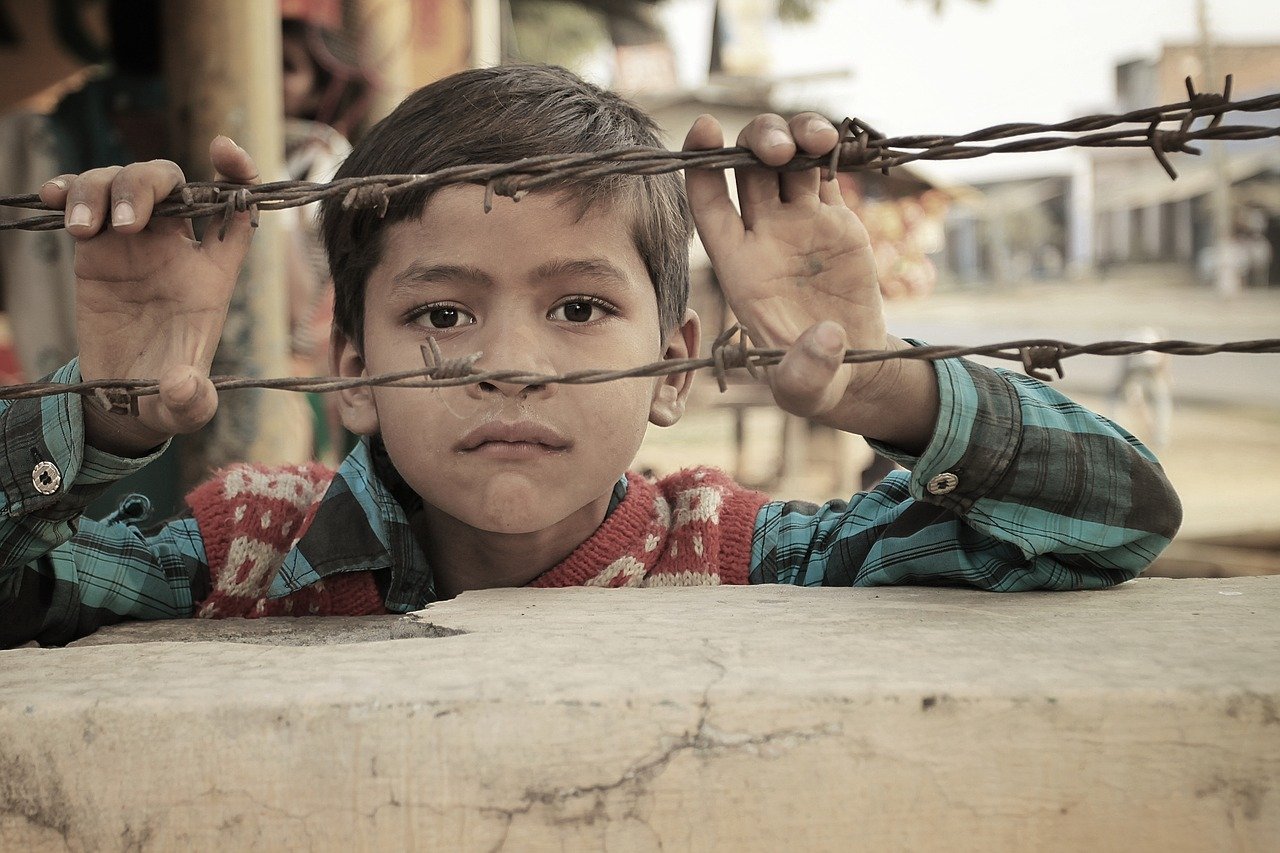What’s going on in the head of a temperamental child?

Source: Pixabay
How do you answer the whys? When do children begin to recognize their parents’ point of view? In recent years, studies on children have multiplied, providing parents with essays and “manuals” that are proposed as a handbook for breeding. Unfortunately, however, all this has transformed parenthood into a profession. Nothing could be more wrong according to Alison Gopnik, professor of Psychology and Philosophy in Berkeley (California). Gopnik tried to collect the latest studies on children’s minds in a book, “Being parents is not a job”. From this essay, here you have some curious aspects of the functioning of children’s minds. Facts that show that children’s minds are receptive to stimuli that we would never have thought of. And how parents must be more like gardeners than carpenters.
1 IMAGINARY friend
Few people know that children apply fiction to the physical world. If your child claims to have an imaginary friend, usually a little bizarre, friendly, but often also threatening, there is no need to be alarmed. 66% of preschoolers report having an imaginary friend, and this is useful for developing the ability to be empathic with other humans. Children who play pretend more, have a distinct advantage in understanding others. Moreover, at the age of five, most children understand very well their false beliefs.
2 WHY, WHY, WHY

Source: Pixabay
The questions of “why” are very common among children, but they raise a fundamental question: “what is the best answer”. To understand this we need to understand what distinguishes a good explanation from a bad one and to do so we must ask ourselves what effect it has on us an explanation. Factual or incomplete explanations are less effective, but causal explanations, those that show the correlation between a certain event and new events, satisfy us more. For example, explaining that a man has a clown nose because he put it on this morning is only valid for a particular event, while saying that he works as a clown connects the particular event to many other events.
3 LONG LIVE RECREATION
Do not worry if a child of school age changes his attitude towards his parents, and is bolder, less cuddly, less inclined to respect parental authority. He is wondering in the world in order to find his place. The greatest challenge in school-age is the transition from a nurturing environment to a life centered on peers: friends and enemies, leaders and followers, lovers, and rivals. Each group of school-age children creates their own culture with their own rules and uses it to explore the social world, just as they explored the psychological world as a child. Hence the importance of recreation, the only time in which these small companies organize themselves.
4 ANTHROPOLOGICALLY DIFFERENT

Source: Pixabay
Are you wondering if, due to technological changes, our children will be different from us? Put your heart at peace, the answer is yes. Plastic infant brains are reshaped in the new digital environment. The difference between the brain of a “digital native” and that of an “analog native” is the same as that between the brain of a person who can read and write and the brain of an illiterate person.
5 MY SON IS DISTRACTED
Recent studies show that the attention of young children is captured precisely by the events of the surrounding environment from which they are likely to learn. Researchers showed one-year-olds precisely calibrated videos that featured moving objects against a background. They calculated the amount of new information in a particular video and then recorded the time the children spent on each image. The children paid the utmost attention to the scenes that presented the ideal measure of information: those that were complex enough to be instructive, but not so confusing as to be incomprehensible. So, when we say that preschool-aged children are unable to pay attention, it means that they have a hard time not being attracted by distracting elements.

Source: Pixabay
Taking care of children is, of course, important, but it should not be understood as a task whose purpose is to produce a particular type of individual. Rather, it means letting those confusing little beings, unpredictable and so different from their parents, to be free to develop according to their characteristics.
Being a parent is not a job. A carpenter is moved by a purpose, a gardener instead is confronted with the nature of the plants with which he relates. The solid appeal for today’s world is to see more and more parent-gardeners and fewer parent-carpenters.


